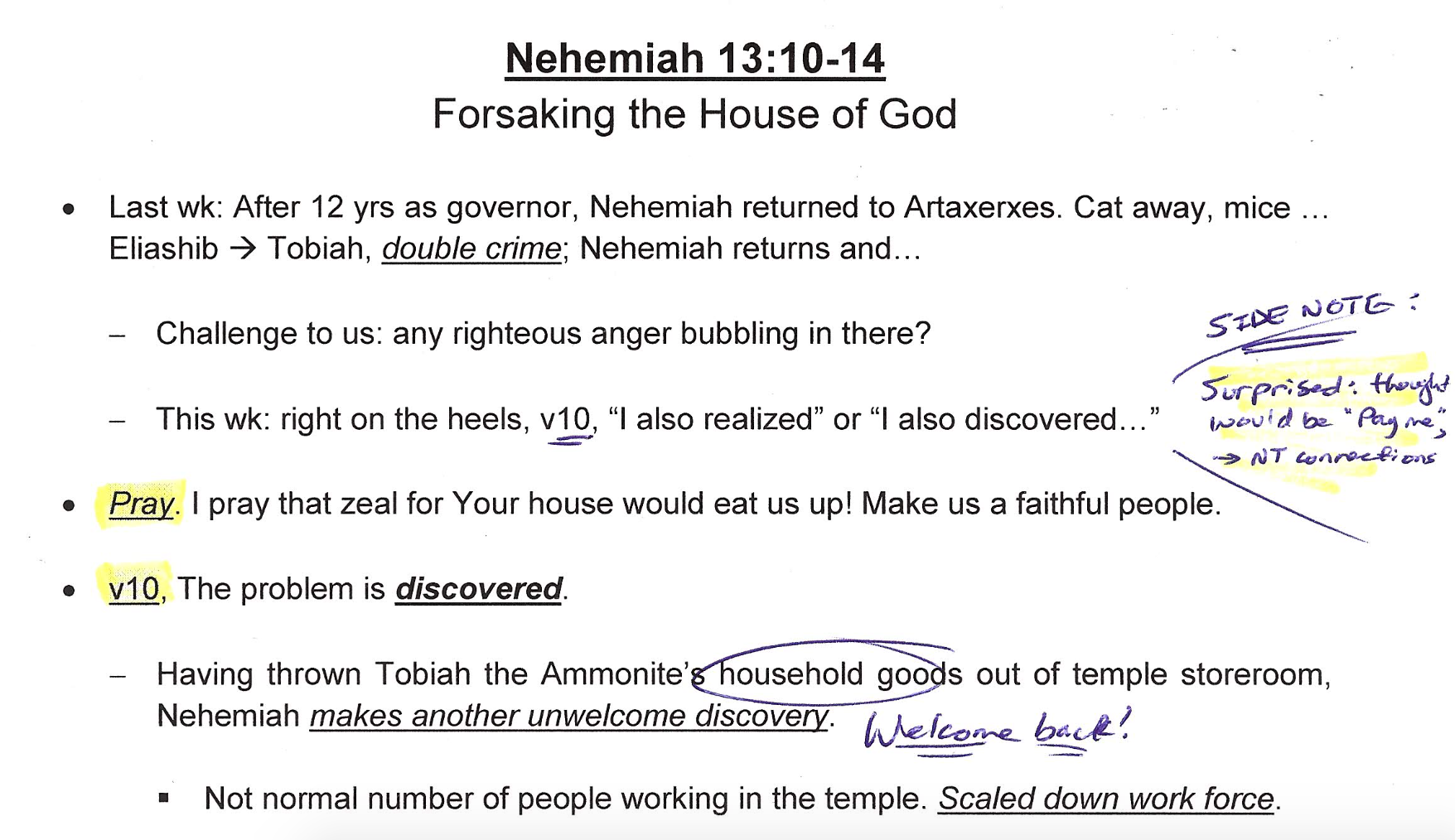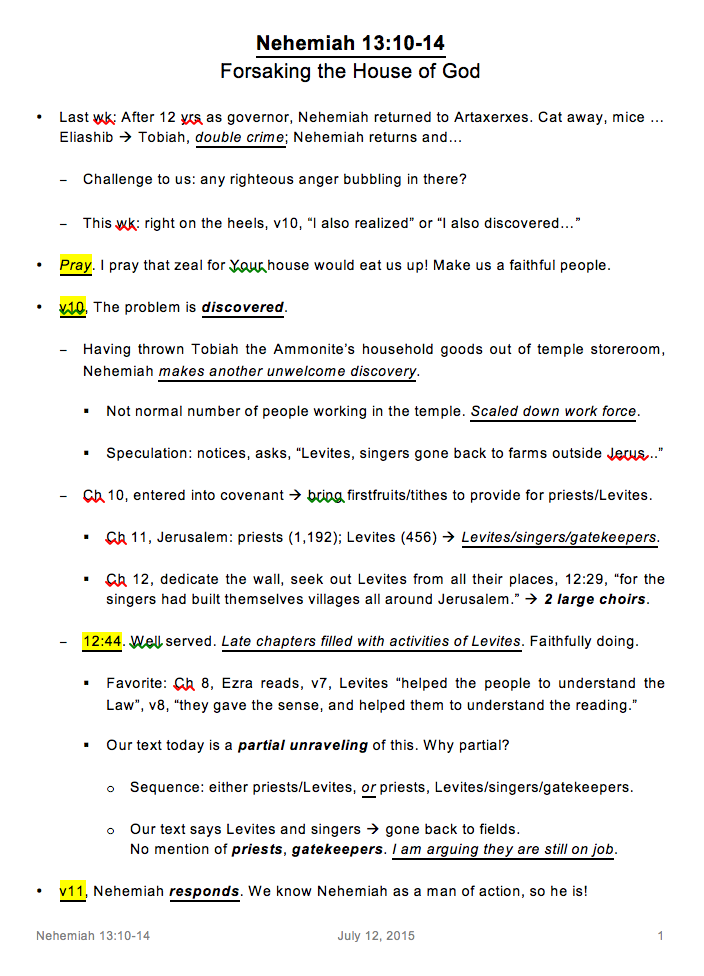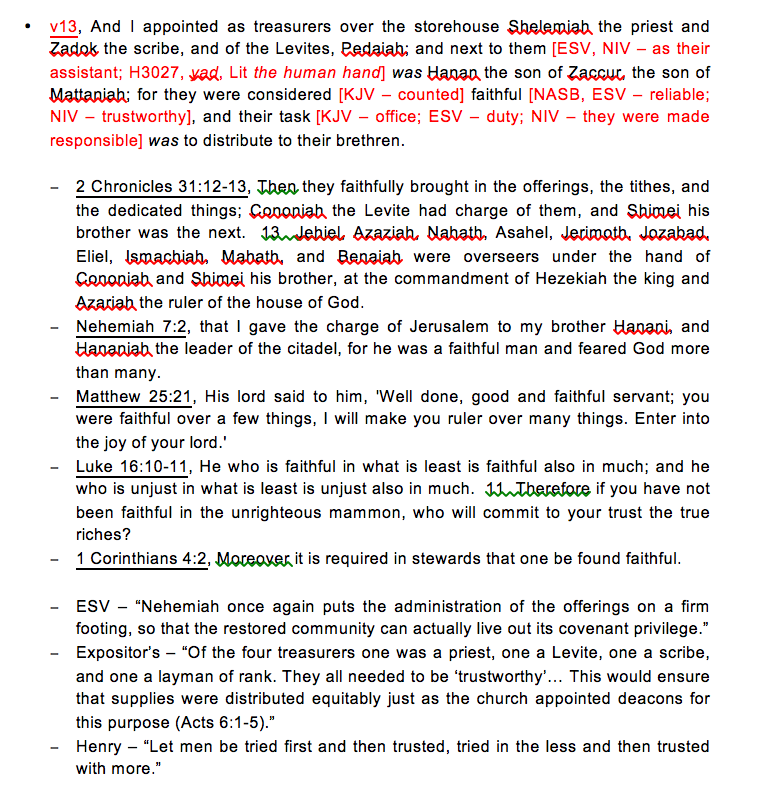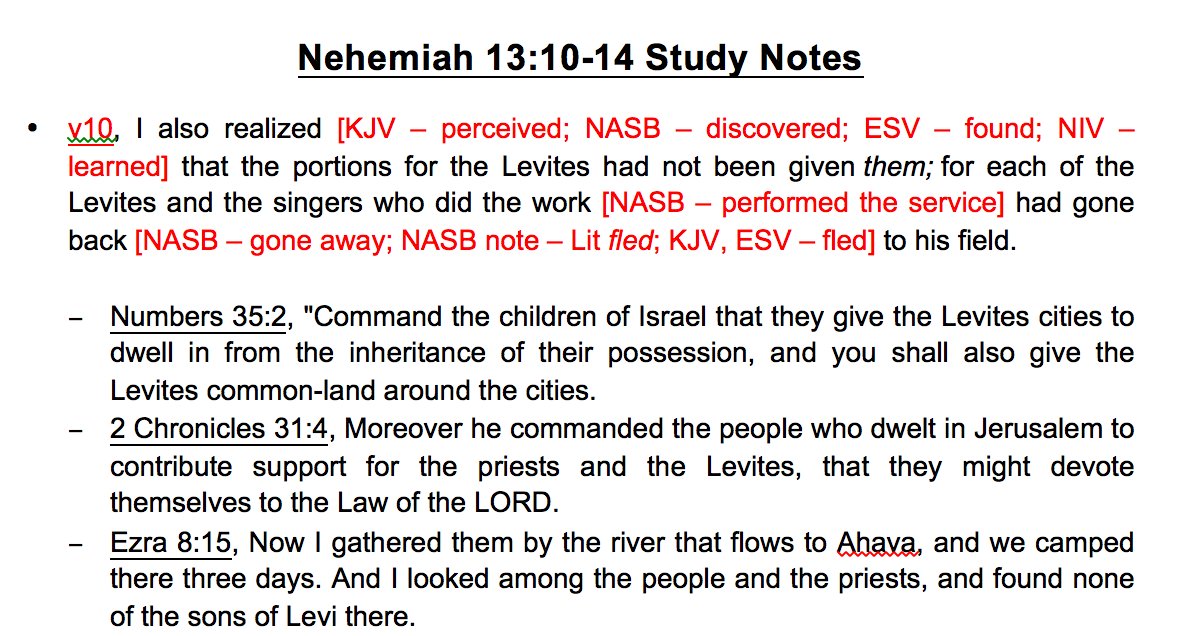Dear Sovereign Redeemer and other friends,
At the very end of July 2013, I posted “That Will Never Be Marriage” and promised to republish it annually for five years. This is now year three.
That Will Never Be Marriage
The progress made by the proponents of homosexual marriage is nothing short of breathtaking. If momentum means anything at all, it will only be another year or two until same-sex marriage has been so overwhelmingly accepted in the United States that those who oppose it won’t even have a significant platform for articulating objections. The advocates who have so skillfully advanced it will have the luxury of just shrugging and waving us off with disdain. In my lifetime, we will have switched spots.
Almost forgotten is the God who called all things into existence with only the words of His mouth. He is the One that keeps the debate from being over. God should never, ever be left out of any equation, because no matter what mankind says or does, He always speaks last, and what He says goes. In card playing lingo, every card in His hand is an ace of spades. Always the highest card. Always trump. Always.
And so that will never be marriage, no matter how many people say it is or how long they say it. Two men, no matter what they say or what they do, can never be married. Two women, no matter what they say or what they do, can never be married. Because marriage is God’s, and no amount of momentum can ever change that. It is His institution, given in the first chapter of the book of beginnings. “So God created man in His own image; in the image of God He created him; male and female He created them. Then God blessed them, and God said to them, ‘Be fruitful and multiply; fill the earth and subdue it…’” (Genesis 1:27-28a). “Therefore a man shall leave his father and mother and be joined to his wife, and they shall become one flesh.” (Genesis 2:24). This is God’s. This is marriage.
Is there another view to be had in all of Scripture? No. None. The last prophet of the Old Testament is simply representative: “You cover the altar of the LORD with tears, with weeping and crying; so He does not regard the offering anymore, nor receive it with goodwill from your hands. Yet you say, ‘For what reason?’ Because the LORD has been witness between you and the wife of your youth, with whom you have dealt treacherously; yet she is your companion and your wife by covenant. But did He not make them one, having a remnant of the Spirit? And why one? He seeks godly offspring. Therefore take heed to your spirit, and let none deal treacherously with the wife of his youth.” (Malachi 2:13b-15). Three profound things are learned from the three questions in the text and their answers. God responds when His institution of marriage is dishonored, it is only God who can make two one, and He does so to increase those who honor Him. All three of these truths stand immovably between God’s creatures and any such thing as gay marriage.
And the New Testament seals this truth with stunning clarity. Having spoken at length about how husbands and wives must relate to one another, Paul says this: “This is a great mystery, but I speak concerning Christ and the church.” (Ephesians 5:32). This is why, just a few verses earlier, he said that husbands must act like Christ and wives must act like the church. Because this institution was created by God to play out the most sacred drama – the gospel drama – before a home and before a world. So Christians can never, ever accept homosexual marriage, because it fundamentally upends the gospel drama. It destroys the gospel picture that God created marriage to be. And so that will never be marriage.
I am setting reminders on my calendar to republish this each year for the next five years, because saying it once won’t be nearly enough. I will need to lay my eyes on these words again and again myself, and I’m guessing you will too. And when we read it, we will remember that God always has the highest card to play, that He always plays trump, and that He will act at just the right moment.
“Why do the nations rage, and the people plot a vain thing? The kings of the earth set themselves, and the rulers take counsel together, against the LORD and against His Anointed, saying, ‘Let us break Their bonds in pieces and cast away Their cords from us.’ He who sits in the heavens shall laugh; the Lord shall hold them in derision. Then He shall speak to them in His wrath, and distress them in His deep displeasure: ‘Yet I have set My King on My holy hill of Zion.’… Now therefore, be wise, O kings; be instructed, you judges of the earth. Serve the LORD with fear, and rejoice with trembling. Kiss the Son, lest He be angry, and you perish in the way, when His wrath is kindled but a little. Blessed are all those who put their trust in Him.” (Psalm 2:1-6, 10-12).
Brothers and sisters, our duty is to declare the truth of Scripture, never letting the light of that truth be extinguished by even the greatest multitude, and to pray fervently that when our God acts, it will be to grant repentance and faith to those enslaved to sin, and not to send the judgment we so richly deserve. May we be found laboring tirelessly towards those ends!




